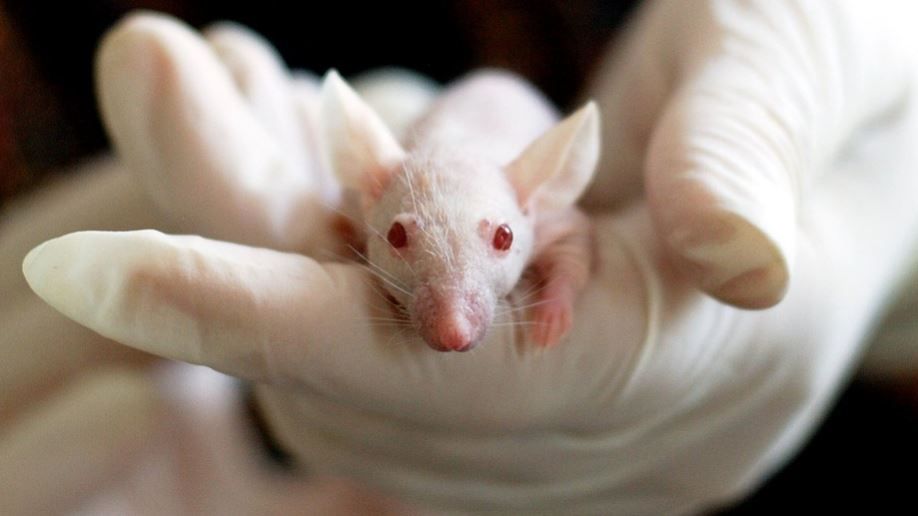A vaccine for melanoma with 100 percent. effectiveness in tests on mice
A new melanoma vaccine developed by researchers at the Scripps Research Institute in California with the support of theóworking with colleagues at the University of Texas Southwestern Medical Center, contains an immunotherapeutic drug and a chemical thatóra increases its effectiveness. The results of the work on the vaccine have been published in „Proceedings of National Academy of science”.
Scientists have been able to show that their new therapy can combat nawrót cancer disease. A vaccine could róalso wspóhe hippopotamus has been working with other therapies in the fight against extremely aggressive cancers.
– Our therapy produces a complete response in the treatment of melanoma,” said Dale Boger of the Scripps Research Institute in California, wspópublication router. – Just as any vaccine can train the body to fight external pathogens, ours will train the immune system to take care of the tumor – added.
During the study, the scientists analyzed more than 100,000 compoundsóin, to find one thatóre could helpóc them to increase the effectiveness of the cancer immunotherapy drugów. They eventually found a chemical called Diprovocim, whichóra binds to an immune receptor called toll-like receptor (TLR) zaróboth in humans and mice.
The next step was to start testingów on genetically modified mice with an aggressive form of melanoma. All mice were given an anti-cancer drug called anti-PD-L1. The mice were divided into three groups: eight received the anti-cancer vaccine. Another eight rodents received the same vaccine – anti-PD-L1 plus Diprovocim, and the last eight mice were given the vaccine along with an alternative adjuvant (a compound designed to enhance the body’s post-vaccination immune response) – aluminum sulfate.
A molecule of the Diprovocim compound added to the vaccine triggers the body’s immune response – act as an adjuvant. It is easy to synthesize in the lab and easy to modify, making it attractive for use in medicine.
After 54 days of the experiment, the researchers observed 100 percent of the. survival rate in mice thatórym administered an anti-cancer vaccine and Diprovocim. In a group of rodents thatówho were given the anti-PD-L1 vaccine alone, no animals survived. Of the last group of mice thatórym given the vaccine plus an alternative adjunct, 25 percent survived. creatures.
The rodents each received two injections a week apart. The researchers did not inject directly into the tumor, as they wanted to see if the immune system would make it easier to reach the compoundsóstraight into cancer. Further studies have shown that using Diprovocim as an adjuvant increases the vaccine’s potential to fight cancer by stimulating the immune system to produce a special type of leukocyteów, whichóre able to penetrate the tumor.
Interestingly, unsuccessful próto re-induce melanoma in mice, które survived the study. – It was not possible. The animal is already vaccinated against it – explained Boger.
This is a major step forwardód towards immunotherapy of cancerów. Admittedly, the research was conducted on rodents, but nevertheless the experimental results are extremely promising. The researchers now plan to conduct further preclinical studies with the developed vaccine and investigate how theób it works in combination with other anti-cancer therapies.
